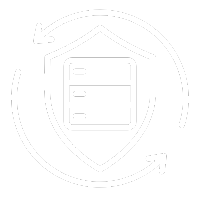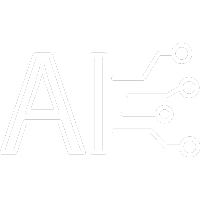
Introduction to SSH and OpenSSH server
SSH, or Secure Shell, is a protocol that enables secure, encrypted remote sessions via a command-line interface with another network host. It’s widely used for secure data exchange and system management in IT environments.
The benefits of OpenSSH
OpenSSH is an open-source network service offering a complete suite of tools for remote server and computer management. Trusted in production environments worldwide, OpenSSH supports several protocols like SSH, SFTP, and SCP, which are essential for securely managing Linux and Unix servers remotely.
Key benefits of OpenSSH include:
- Data Encryption: All data in transit is encrypted.
- Secure Authentication: Utilizes public/private key authentication for added security.
- Protection Against Network Attacks: Guards against common attack vectors.
Additionally, OpenSSH is customizable, allowing system administrators to tailor configurations to their specific needs. It’s highly reliable and doesn’t require constant maintenance, unlike some other remote management services.
With a strong, active developer community, OpenSSH is regularly updated, ensuring users always have access to a secure and continuously improving tool. It’s a top choice for anyone seeking a robust, secure solution for managing remote systems.
Main use cases for SSH
SSH is a versatile tool widely used across various sectors and scenarios. Here are its primary use cases:
- Remote Server Administration: SSH is one of the most widely used protocols for securely managing servers remotely.
- Secure File Transfer: With SFTP, users can transfer sensitive files securely between servers and computers.
- VPN Connections: SSH can establish a secure VPN connection between multiple systems, ideal for remote access to corporate networks.
- Process Automation: SSH enables process automation, such as executing remote scripts or commands.
- Network Tunneling: SSH can create a secure tunnel over public networks, protecting sensitive information during transmission.
- Database Management: Securely manage remote databases with SSH.
- System Monitoring: SSH allows for remote system performance monitoring and issue detection.
- Remote Backup: Use SSH for secure remote data backups.
- Software Development: Developers can remotely access their systems and collaborate efficiently on projects.
A solution at your fingertips
Need help with SSH or OpenSSH server management? Contact TnSolutions.it for expert IT assistance. Our skilled technicians offer personalized support to businesses and individuals alike.



